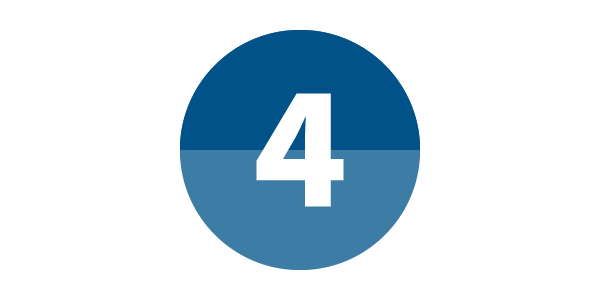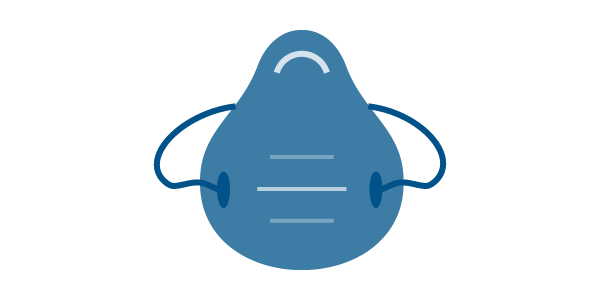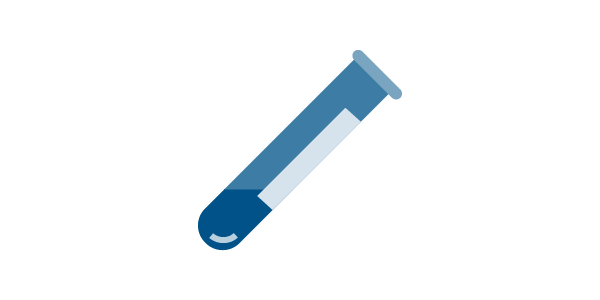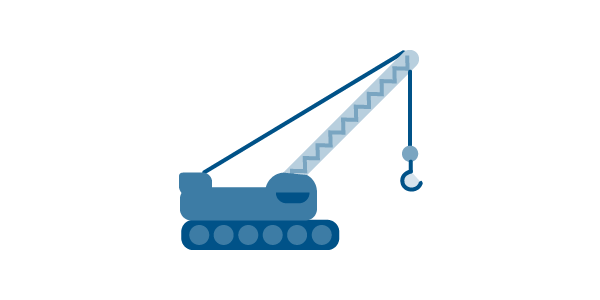The health and safety of every person is our top priority. Like all emergencies, response is most successful when it is locally executed, state managed and federally supported.
We are partnering with the U.S. Department of Health and Human Services (HHS) to address needs across the healthcare community.
What We’re Doing

We have been working with partners to ensure medical supplies and equipment reach front line healthcare workers through a four-pronged approach:

We partner with HHS to strategically prioritize medical supplies and equipment based on data on COVID-19 disease activity and its effects, so limited supplies get to areas where resources are needed most urgently.

We are supporting testing across the country, working with governors and tribal leaders to ensure they have the equipment, supplies and testing resources to reopen safely and responsibly.

We are establishing alternate care sites to relieve pressure on local hospital systems. The U.S. Army Corps of Engineers is assessing and converting structures to be used as alternate care sites.
What You Can Do: Patients & Individuals

State, tribal and local health officials are providing instructions on preventing the spread of COVID-19 and preserving your community’s safety. Follow your local and state health department to learn what to do.
If you are sick with COVID-19 or think you might have COVID-19, follow the Center for Disease Control’s (CDC) guidelines: stay home, call your doctor and take steps to stop the spread of disease.
Visit the CDC’s page for detailed information on how to:
- Self-check your symptoms
- Get medical care
- Isolate at home
- Care for someone who is sick
- Prevent others from getting infected
Additional Government Resources
- HHS has resources to help you cope and to support your mental and behavioral health during the pandemic.
- The Substance Abuse and Mental Health Services Administration’s National Disaster Distress Line is available to anyone experiencing emotional distress related to a disaster, including COVID-19.
- If you or a loved one need help, call the National Domestic Violence Hotline at 1-800-799-7233.
- The Department of Justice created a national task force to actively look for and act on hoarding and price gouging. If you suspect price gouging or hoarding of medical supplies, contact your state Attorney General’s office for guidance on how to file a report.
What You Can Do: Healthcare Workers

Visit our State, Local, Tribal & Territorial Governments page for more information on working with FEMA and other federal agencies during the COVID-19 response.
For healthcare workers, work together with your emergency managers to:
- Integrate leading health officials into emergency operations centers and unified command groups at every level of government.
- Ensure the entire leadership team in your state, territory or tribe understands the emergency management process.
- All requests to the federal government must be formally communicated by the state, territory or tribe's emergency manager to the FEMA Regional Administrator.
- Contribute daily data to the federal government to support planning, monitoring and resource allocation
All requests to the federal government must be formally communicated by the state, territory or tribe's emergency manager to the FEMA Regional Administrator.
Additional Government Resources
Healthcare Professionals (CDC)
Health Departments (CDC)
Laboratories (CDC)
Vaccine and Medication Development (FDA)
Coronavirus News Updates (HHS)
Frequently Asked Questions

Visit the CDC Coronavirus page to see additional frequently asked questions.
Where can I get tested for coronavirus?
Testing for COVID-19 varies by location. Visit the CDC Coronavirus page for information on the COVID-19 locations and their testing processes.
How can I prepare and protect myself from COVID-19?
Visit the CDC Coronavirus page to get information on how to protect yourself and others.
What can I do if I think I am sick?
Visit the CDC Coronavirus page to see a list of COVID-19 symptoms.
How can I tell if information I’ve heard is a rumor or not?
Seek trusted, verified sources like the CDC Coronavirus page, your state and local government's official accounts, or visit our Coronavirus Rumor Control page.


